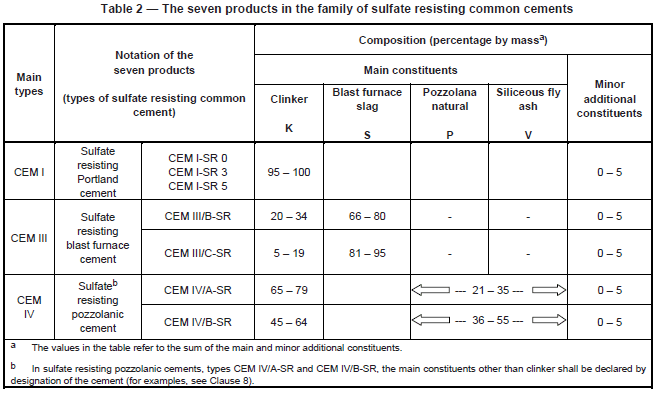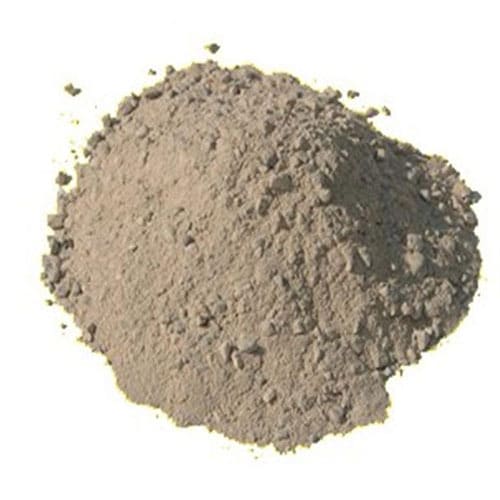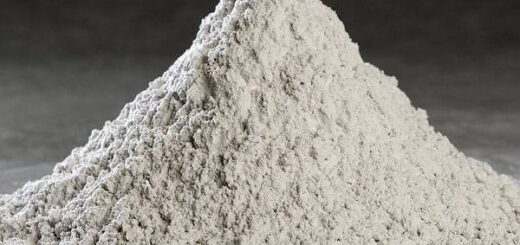Sulphate Resisting Cement – a detailed discussion
Sulphate resisting cement is used when constructions are done in aggressive environments that have the chemicals like sulphate.
Sulphate resistant cement is a special type of cement used in construction. However, it is not more frequently used and sometimes it is not used due to the lack of awareness on the sulphate resisting concrete.
What is Sulphate Resisting Cement
In summary, it is a type of cement used in construction to resist sulfate attacks. It is a cement type that has been adjusted the tricalcium aluminate (C3A) to gain the required properties.
There are three main types of sulphate resisting cement as per the BS EN 197-1:2011.
- Sulphate Resisting Portland Cement
| Type | C3A Content of the Clinker |
| CEM I-SR 0 | 0 % |
| CEM I-SR 3 | ≤ 3 % |
| CEM I-SR 5 | ≤ 5 % |
- Sulphate Resisting Blast Furnace Slag Cement
| Type | C3A Content of the Clinker |
| CEM III/B-SR | No requirement |
| CEM III/C-SR | No requirement |
- Sulphate Resisting Pozzolanic Cement
| Type | C3A Content of the Clinker |
| CEM IV/A-SR | ≤ 9 % |
| CEM IV/B-SR | ≤ 9 % |
In addition, the following table extracted from the BS EN 197-1 indicates the clinker percentages and the other additive percentages of each type of cement.
Properties of Sulphate Resisting Cement
- Fineness 280±10 m2/kg
- Initial setting time 80 minutes
- Final setting time 240 minutes
- Loss of ignition 0.02
- Higher compressive strength
- Preserve the strength and durability
- Low heat of hydration – prevent cracking
Sulphate Resisting Cement Uses
- Coastal structures – sea walls, breakwater structures
- Bridge piers
- Water storage/treatment work
- Sewerage Lining
- Chemical industry
Advantages of Sulphate Resisting Cement
- Excellent resistance against sulphate attacks
- Low heat of hydration reduces the formation of cracks.
- Formation of delayed ettringites is also lower with low heat of hydration.
- Less shrinkage cracks
- High compressive strength results in an economical design
- Increase the durability of the concrete
- Minimal risk of corrosion of reinforcements
Disadvantages of Sulphate Resisting Cement
- Sulphate resistant cement shall be used with much care when sulphate resisting concrete are made for marine environments.
- When there is a risk of chloride attacks, it is not advisable to use this type of cement.
- Adequate curing of concrete shall be done
- The cost of this type of concrete could be higher.





